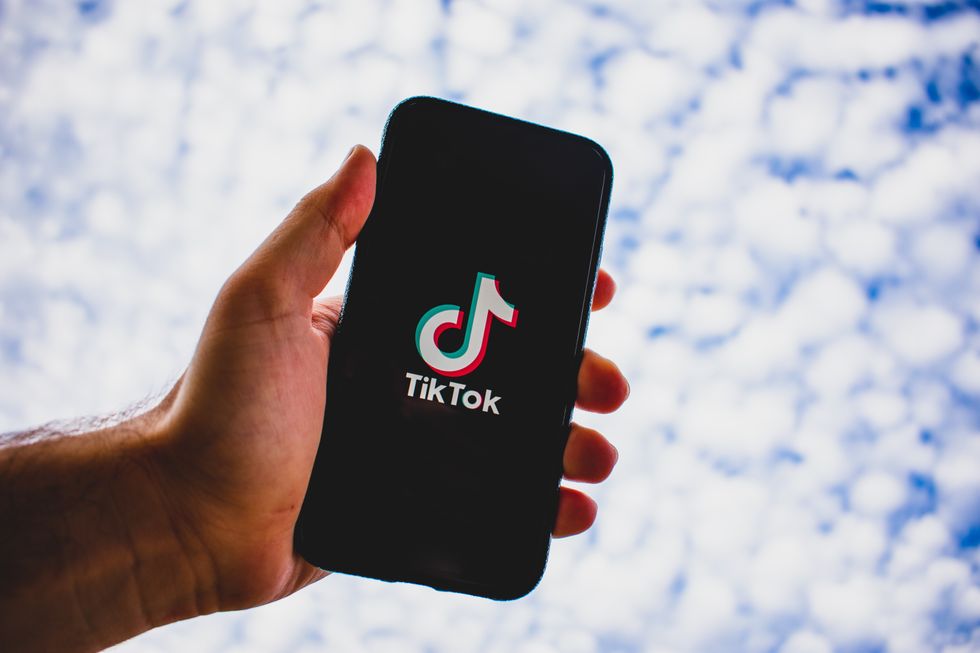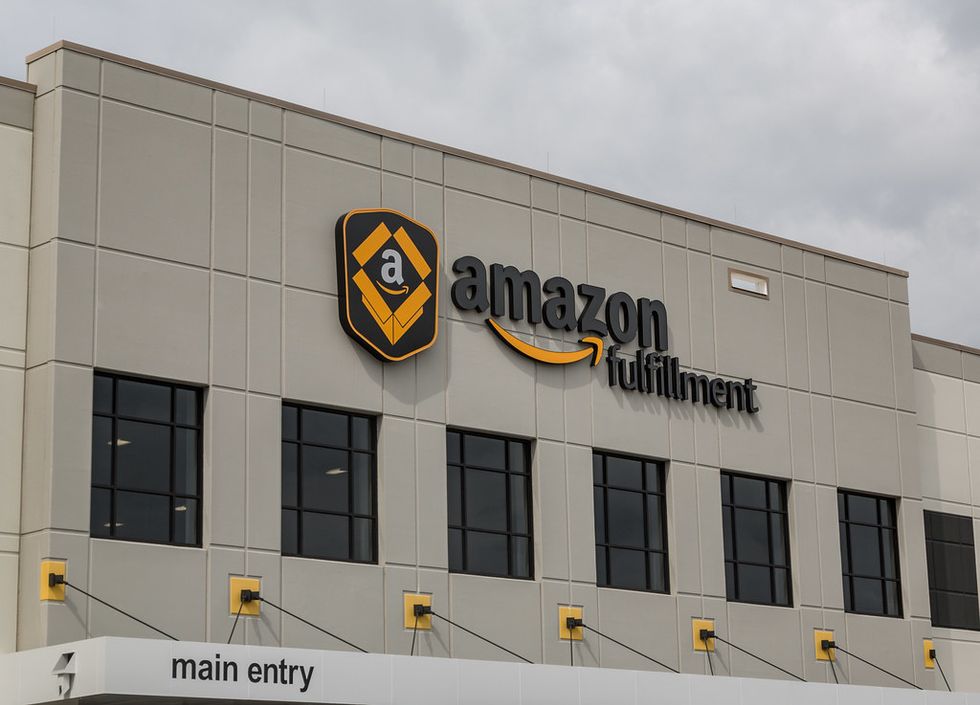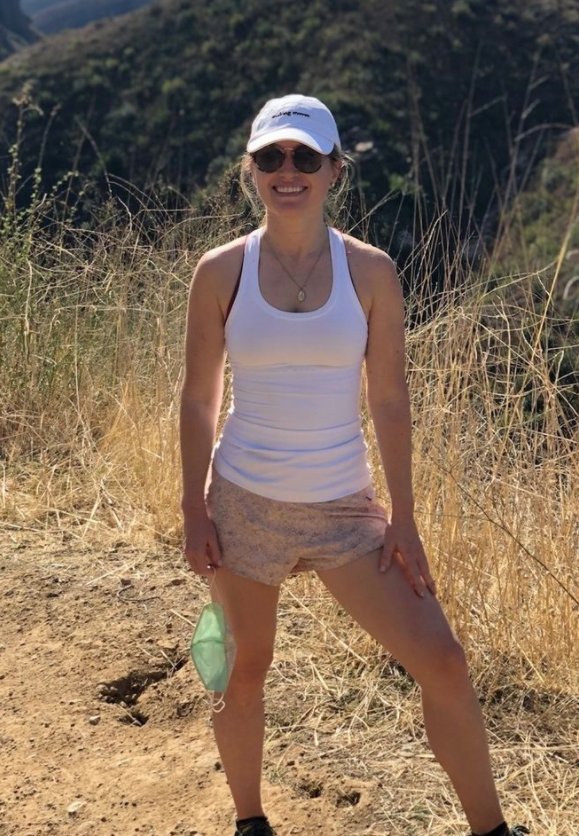

Get in the KNOW
on LA Startups & Tech
X
Photo by Benjamin Child on Unsplash
Why a Startup Needs a Board: The Why and How of Constructing a Board Early
Spencer Rascoff
Spencer Rascoff serves as executive chairman of dot.LA. He is an entrepreneur and company leader who co-founded Zillow, Hotwire, dot.LA, Pacaso and Supernova, and who served as Zillow's CEO for a decade. During Spencer's time as CEO, Zillow won dozens of "best places to work" awards as it grew to over 4,500 employees, $3 billion in revenue, and $10 billion in market capitalization. Prior to Zillow, Spencer co-founded and was VP Corporate Development of Hotwire, which was sold to Expedia for $685 million in 2003. Through his startup studio and venture capital firm, 75 & Sunny, Spencer is an active angel investor in over 100 companies and is incubating several more.
If your business is a corporation, you are required by law to have a board of directors. For many startups, it can seem like just an option. However, there are many reasons startups should aim to form their own board of directors early in their lifecycle.
Does Your Startup Need a Board of Directors?
Yes. Even for experienced founders, a new company comes with new challenges — and an opportunity to make all new mistakes. For first-time founders, you don’t know what you don’t know. The best way to avoid many of these mistakes is to surround yourself with experienced counsel, and a board is a way to formalize that. The primary job of a board of directors is to look out for shareholders' interests, oversee corporate activities, assess performance, assess the CEO and senior management and give feedback about the future direction of the company. Your board should help provide advice and mentorship from people who have been there, done that.
When Should Your Startup Form a Board?
As you start to think about your board as founder and/or CEO, the board can initially be as small as just one director: you.
As the startup grows and evolves over funding rounds, you should expand and include more members. The most standard time to form a board is after the Series A funding round, but some startups choose to after the seed round. Typically, the board expands as the company does from two to three directors (including the CEO) around the Series A, to five to seven directors when the company is in the Series C/D stage to seven to nine directors as it is preparing to go public.
I prefer boards on the smaller side because they can be more collaborative and interactive, but as you create board committees, you will need a larger board in order to have two to three directors on each committee.
Who Should Serve On Your Startup's Board?
One of the best ways to fill a board of directors is to find the people you wish you could hire but may be in positions where it’s not really feasible. For a startup, you should aim for a board with three to five directors. This should include one or more in each of the following categories: the founder, an investor in the company and an independent director.
You’ll want to have some of your investors on the board because they are the ones most rooting for and affected by the financial success of the company. This will also allow them a small measure of control and visibility into the company's progress. Keep in mind it’s important to keep cultivating these relationships for when you need to raise capital down the road.
Additionally, it’s important to have one or more independent directors — a person who is neither an employee nor an investor in the company — on the board early. Ideally, you’ll be able to find another founder, peer, colleague or acquaintance who has been in your seat before and can bring a clear, objective perspective to board discussions. A trusted independent director can let you know if you’re missing an opportunity or taking a step in the wrong direction. Plus, most importantly, help navigate the challenges that arise when the investor board directors may have a different perspective from or disagree with the operating board directors.
Lastly, the diversity of your board is also extremely important. Groups from different backgrounds, genders, races and perspectives make better decisions and improve business outcomes. I recently had a conversation with CNBC’s Julia Boorstin at the dot.LA Summit about this very thing.
A Board Success Story
Throughout my countless years working and growing with boards, I’ve had many opportunities to see just how important a good BoD is. A great example of when a board decision aided my company and me more than expected is from my time at Zillow.
Prior to 2008, investors were looking to invest more money into Zillow — which we didn’t need at the time. One of our board members, Bill Gurley, gave the great advice of “take the hors d'oeuvres when they’re being passed” or take the money when it’s being offered. We ended up taking on the new capital and it was good that we did. When the 2008 financial crisis hit, the extra capital allowed Zillow to weather the storm and take advantage of the moment to expand more aggressively when the market was up for grabs.
It’s small moments like this that led to bigger successes down the road and prove the importance of having a board early.
Final Thoughts
Your board of directors should help you navigate challenges and serve as a trusted sounding board (pun intended) when you need advice. Something most, if not all, founders know by now is that startups are dynamic and constantly evolving, so as your startup scales your board will too. And if you build the foundations of your board thoughtfully, it will aid your startup in the years to come.
From Your Site Articles
- Brian Lee Offers Lessons From Being A 4-Time Startup Founder ... ›
- Brex Co-Founder on Why He Moved to LA, Startups and Remote Work ›
- How To Structure Your Startup's Board: From Pre-Seed to IPO - dot.LA ›
- Three Tips for Working With Your Start-Up Board - dot.LA ›
- Three Tips for Working With Your Start-Up Board - dot.LA ›
- Three Tips for Working With Your Start-Up Board - dot.LA ›
Related Articles Around the Web
Spencer Rascoff
Spencer Rascoff serves as executive chairman of dot.LA. He is an entrepreneur and company leader who co-founded Zillow, Hotwire, dot.LA, Pacaso and Supernova, and who served as Zillow's CEO for a decade. During Spencer's time as CEO, Zillow won dozens of "best places to work" awards as it grew to over 4,500 employees, $3 billion in revenue, and $10 billion in market capitalization. Prior to Zillow, Spencer co-founded and was VP Corporate Development of Hotwire, which was sold to Expedia for $685 million in 2003. Through his startup studio and venture capital firm, 75 & Sunny, Spencer is an active angel investor in over 100 companies and is incubating several more.
https://twitter.com/spencerrascoff
https://www.linkedin.com/in/spencerrascoff/
admin@dot.la
LA Tech Updates: TikTok pays Creators as Rivals Dig In, Amazon Reportedly Eyes Sears, J.C. Penny Stores
12:24 PM | August 10, 2020
Photo by Bryan Angelo on Unsplash
Here are the latest updates on news affecting Los Angeles' startup and tech communities. Sign up for our newsletter and follow dot.LA on Twitter for more.
Today:
- TikTok Pays Creators as Rivals Dig In
- Amazon Wants to Use Sears and J.C. Penny Stores as Fulfillment Centers: WSJ
TikTok Doles Out Money to Creators, Batting Away Rivals

Tiktok announced today the first receipts of a $200 million creator fund including several Los Angeles-based app stars. It comes as the social app faces increased competition from those trying to lure away talent and the threat of an outright ban.
The company has promised to up their funds for rising U.S. creators to $1 billion over the coming three years.
Among the 19 selected so far is Los Angeles-based Alex Stemplewski, a photographer who shares the impromptu photo shoots he has with strangers in public with his 9.6M followers.
There's also Justice Alexander, one of the top Latino creators on the app, who captures quick video of the many pranks he plays on his girlfriend and daughter with his 5.4M followers.
Well-known TikTok-er David Dobrik recently gave away a Tesla to one of his more than 20M followers as part of a sweepstakes for the most heartfelt story.
The Creator Fund will open their applications in the middle of the month for anyone 18 years or older looking to expand their work on Tiktok. To be considered, creators must have 10,000 followers or at least 10,000 video views in the last 30 days and follow community guidelines.
President Trump recently signed an executive order that will ban the Chinese-owned company by September 20th unless it's sold to an American company before that date. TikTok has responded by threatening legal action.Amazon Wants to Use Sears and J.C. Penny Stores as Fulfillment Centers: WSJ
 live.staticflickr.com
live.staticflickr.com
Amazon is in talks with mall operator giant Simon Property Group to convert Sears and J.C. Penney department stores into package distribution centers, according to a report from The Wall Street Journal.
The discussions come as Amazon continues to grow its e-commerce empire which has helped contribute to the downfall of brick-and-mortar retailers including Sears and J.C. Penney, which both filed for Chapter 11 bankruptcy protection. That trend accelerated with the pandemic as malls closed and millions of consumers rely on Amazon for online shopping.
Shares of Simon Property Group, which has 21 malls in California including the Del Amo Fashion Center, Brea Mall and Ontario Mills, jumped on the news. The company is set to report earnings after Monday's market close.
Adding more warehouses would help Amazon speed up deliveries as the company plans to offer its Prime members 1-day delivery of their orders. Amazon posted $5.2 billion in profits in the second quarter, doubling its bottom line from the same quarter a year ago, despite spending more than $4 billion on COVID-19 initiatives.
From Your Site Articles
- Amazon faces unprecedented challenges as dozens of warehouses ... ›
- TikTok Signs Music Distribution Deal with UnitedMasters - dot.LA ›
- TikTok Signs Music Distribution Deal with UnitedMasters - dot.LA ›
- Who's Paying What for Creator Content - dot.LA ›
Related Articles Around the Web
Read moreShow less
Taylor Soper, GeekWire
Taylor Soper is GeekWire's managing editor, responsible for coordinating the newsroom, planning coverage, and editing stories. A native of Portland, Ore., and graduate of the University of Washington, he was previously a GeekWire staff reporter, covering beats including startups and sports technology. Follow him @taylor_soper and email taylor@geekwire.com.
Meet the LA Startup Founder Who Had Two Hours To Prep Her 'Shark Tank' Pitch
03:48 PM | April 01, 2022
Photo courtesy of Curie
One Sunday afternoon last September, Sarah Moret was hiking through Griffith Observatory when she received a voicemail from the producer of “Shark Tank,” ABC’s hit entrepreneurial reality show. The voice message notified her that she had just two hours to get to the “Shark Tank” studio and pitch Curie, her aluminum-free deodorant brand, to the show’s “Sharks”—its panel of investor judges featuring Mark Cuban, Lori Greiner, Barbara Corcoran, Daymond John and Kevin O'Leary.
"I just jumped in the car; my fiancé was driving, and he brought me home as fast as possible in the carpool lane," Moret told dot.LA. "I curled my hair, got ready in 20 minutes and did my makeup in the passenger seat of his car for a primetime TV show."

Sarah Moret at the top of her hike, moments before she received a call from the producers of "Shark Tank."
Photo courtesy of Curie
Moret first applied to be on “Shark Tank” in 2020, but didn't receive a callback. She heard back from the show after reapplying the following year, with initial plans to film in July—but the producers bumped her filming date and put her on standby until September.
"I compare it to being like an understudy in a play," she explained. "I didn't have a set filming date. I was just told that I would get a phone call if there was space in the schedule for me to film.”
But Moret was confident she had a product worth waiting for, and the entrepreneurial know-how to scale it into a successful business. Most conventional antiperspirants in the market are made out of aluminum that can cause armpit irritation; while there are natural, aluminum-free deodorant brands, Moret said they also irritated her skin or left her smelling like a gym bag. Curie, her solution to these problems, uses sage oil and probiotics to beat the stink, arrowroot powder to absorb the sweat, and chamomile and aloe to soothe the armpits.
Prior to launching Curie in 2018, Moret worked as an associate at Santa Monica-based venture capital firm Crosscut Ventures, where she earned a spot on the investing team. There, she learned the ins and outs of the startup world.
“Curie started from a personal need,” Moret said. “I'm an athlete and at the time was a marathon runner, and just couldn't find anything that worked.”
Curie generated revenues of $125,000 in its first year of selling deodorant sticks. The following year, the startup had $700,000 in sales. At the start of 2020, she raised $1 million through a convertible note capped at $5 million to continue growing the brand. It has gradually expanded its product offerings to include body wash, moisturizing body oil, a detox mask and hand sanitizers.
Before appearing on “Shark Tank,” Curie’s body products were already sold in over 300 stores nationwide including Nordstrom, Anthropologie and fitness gym Soulcycle. It had also frequently appeared on shopping network QVC.
Fast forward to September 2021, and Moret finally entered “the Tank” with her eyes set on Corcoran and Greiner. She wanted to make a deal with one or both of them because, as Moret put it, “I just gravitate towards female investors or founders.”

When Moret’s episode of “Shark Tank” finally aired last month, she was surprised to find herself the first one up. Moret confidently introduced Curie on national television without a hint of sweat on her face or dirt from the hiking trail. She charmed the Sharks with her background and solid numbers—her opening pitch was for a $300,000 investment in exchange for a 5% equity stake—but four out of the five Sharks didn’t bite, saying she had raised too much money early on and had too many products.
This wasn’t new to Moret: Her first efforts at pitching Nordstrom and QVC had been rebuffed as well. “Rejection is a part of being an entrepreneur,” she said. “You're always going to get no’s; you can't let those no’s stop you or discourage you.”
It all came down to the final Shark, Daymond. When he produced an offer—$300,000 for 20% equity—that Moret deemed too low, she shot back: “I know my worth, I know the company's worth and I'm not backing down.”
After Moret countered with $300,000 for 12% equity, Cuban and Corcoran combined on an offer of $300,000 in exchange for 14% equity. Moret took the deal, as Cuban quipped: “I never thought I would be in a women’s deodorant business, ever.”
After the show aired, Curie sold out all of its deodorant products in 24 hours and now has some 5,000 customers on its waitlist. Moret said the company has plans to roll out further products, but supply chain issues have impacted their progress.
“Our biggest hurdle right now is just getting back in stock quickly, so we can get people their deodorant,” she said.
From Your Site Articles
- Beauty Counter's Gregg Renfrew Sees Makeup as a Movement - dot ... ›
- HatchBeauty Brands CEO Tracy Holland on Work-Life Balance - dot ... ›
- Cherie, an App to Build Community Around Beauty, Donates $60k to ... ›
- Los Angeles Health and Beauty Startup News - dot.LA ›
Related Articles Around the Web
Read moreShow less
Decerry Donato
Decerry Donato is a reporter at dot.LA. Prior to that, she was an editorial fellow at the company. Decerry received her bachelor's degree in literary journalism from the University of California, Irvine. She continues to write stories to inform the community about issues or events that take place in the L.A. area. On the weekends, she can be found hiking in the Angeles National forest or sifting through racks at your local thrift store.
RELATEDTRENDING
LA TECH JOBS


